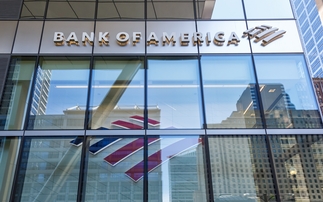European Commission says that Google promoted its own services in search results, denying competitors opportunities
The European Commission (EC) has fined Google a record-breaking €2.4bn (around £2.1bn), for artificially inflating the popularity of its Shopping service in search results. It is the largest antitr...
To continue reading this article...
Join Computing
- Unlimited access to real-time news, analysis and opinion from the technology industry
- Receive important and breaking news in our daily newsletter
- Be the first to hear about our events and awards programmes
- Join live member only interviews with IT leaders at the ‘IT Lounge’; your chance to ask your burning tech questions and have them answered
- Access to the Computing Delta hub providing market intelligence and research
- Receive our members-only newsletter with exclusive opinion pieces from senior IT Leaders























